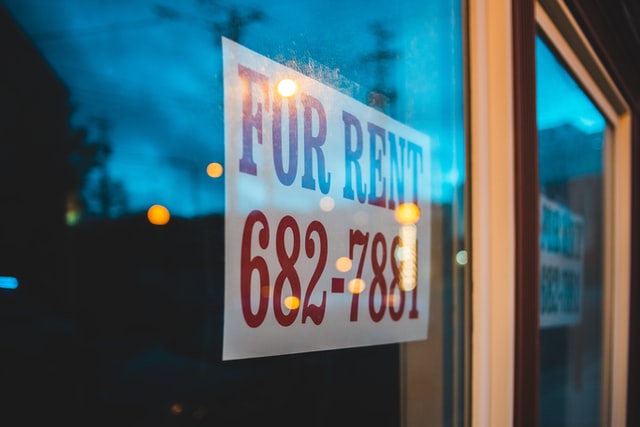Before entering into a rental agreement, there are a few things you should have in mind. Stay on this page to learn more.
What is the procedure for renting an apartment in Switzerland?
Basically, renting an apartment involves paperwork. First comes the filling of an application. You will be asked to provide your personal information such as your age, marital status, profession, employment info, salary, residency status, and so on.
You will also be asked to provide a document that proves your credit eligibility from the debt collection register officially known in Switzerland as the “Betreibungsregister”. You can apply for this document online or from the local credit agency.
If your landlord is satisfied with the provided information, next comes the signing of the rental agreement.
By putting your signature on paper, you agree to the terms and conditions pursuant to the agreement. So you want to make sure to read carefully and completely understand the entire agreement.
Oftentimes, the landlord will hire an agency to prepare all the necessary paperwork.
Security deposit
Most landlords will ask you to put a certain amount of money in advance as a security deposit. According to Swiss Law, the deposit can be as high as a three months’ rent and has to be paid into a bank account in the tenant’s name, specifically arranged for the purpose. This deposit serves the purpose of security for the Landlord. Should the tenant fail to pay the rent on time or causes damage to the landlord’s property, the tenant can request compensation from the security deposit. Otherwise, once the tenant moves out, the security deposit is returned to the tenant.
Rent reduction
Article 270 of the Swiss Code of Obligations, indicates the right of the tenant to challenge the initial amount of rent before an arbitration authority, and request to be reduced. However, certain criteria will have to be met.
- The rent from previous rental agreements for the property is significantly lower;
- The tenant is compelled to enter into the rental agreement on account of personal hardships;
- The challenge has to be initiated within 30 days from concluding the rental agreement or taking over the rental property;
Demand remedies
According to Swiss Las, there are three levels of deficiency: mild, moderate, and severe. In cases of moderate and severe deficiencies, the tenants have the right to request from the landlord to remedy the defects. In the case where property defects cause damage or in some way impact the tenant, the tenant will also have the right to request compensation or to reduce the rent. If the defects are severe to a level that make the property unusable, due to no fault of the tenant, the tenant has the right to request termination of the rental agreement without notice.
For mild defects, the responsibility for remedies falls on the tenant. An example of a mild defect would be a broken lightbulb, a loose screw on a doorknob, etc.
Termination of rental agreements
Both parties to the rental agreement have the right to request termination. Request for termination has to be done in writing and delivered via registered mail. If the tenant is married and lives with the spouse, the letter of notice has to be signed by both spouses. Otherwise, the request for termination shall be considered invalid. If the tenant requests termination of the rental agreement prior to the date stated in the agreement, they can recommend another tenant to take over the property. In such a case, the landlord is obliged to vet recommended tenant within a month’s period and confirm or deny such a request. If the recommended tenant does not meet the required criteria, the current tenant will have to continue with the payments of rent until the termination date of the agreement.
The landlord also has the right to request termination of the agreement. Especially in cases where the tenant falls short with monthly rent payments or causes damage to the rented property. In any case, the notice has to be done in writing using an official termination form. If the tenant does not agree with the termination request, the landlord can file an appeal to an arbitration authority within a 30 days notice.


